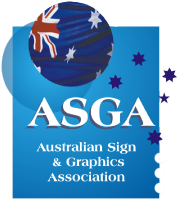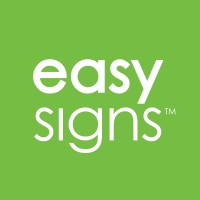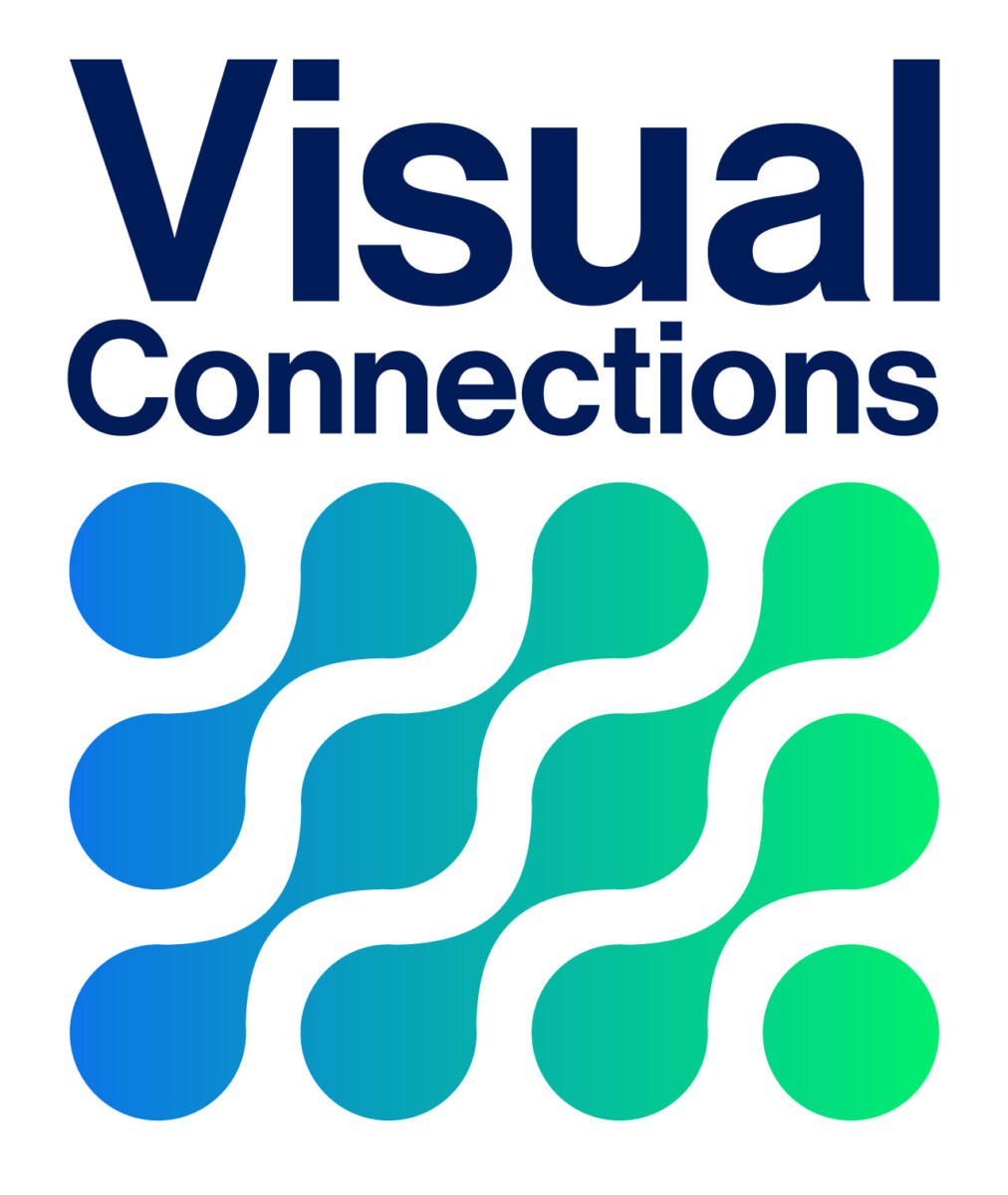From Basic to Advanced: Choosing the right scaffolding licence
24 April 2025
– by WorkSafe Victoria
Scaffold erection requires planning to ensure the most appropriate scaffold system is used for the job. When preparing the site-specific scaffold installation, design considerations need to be made as to whether a clear sketch for a small simple scaffold or a complex set of drawings for a large or complicated scaffold is required.
A helpful guide to determine whether your scaffold is simple or complex is by referring to the size and the high-risk work licence required to erect it. There are three high-risk work licences for scaffolds – basic, intermediate, and advanced.
A basic scaffold licence covers scaffolding work that involves any of the following:
- prefabricated scaffolds (includes modular scaffolds)
- cantilevered material hoists with a maximum working load limit of 500 kg (materials only)
- ropes
- gin wheels
- safety nets and static lines
- bracket scaffolds (tank and formwork)
An intermediate scaffold licence covers the works above and work involving any of the following:
- cantilevered crane-loading platforms
- cantilevered scaffolds
- spur scaffolds
- barrow ramps and sloping platforms
- scaffolding associated with perimeter safety screens and shutters
- mast-climbing work platforms
- tube and coupler scaffolds (including tube and coupler covered ways and gantries)
An advanced scaffold licence covers the works above and work involving any of the following:
- cantilevered hoists
- hung scaffolds, including scaffolds hanging from tubes, wire ropes and chains
- suspended scaffolds
Find more information on scaffolding licences in the latest Industry Standard. Updated in December 2024, this guide provides essential tips for safer scaffolding use on-site.
Download the latest scaffolding industry standard
Check out WorkSafe Victoria’s construction safety playlist for the latest videos.












